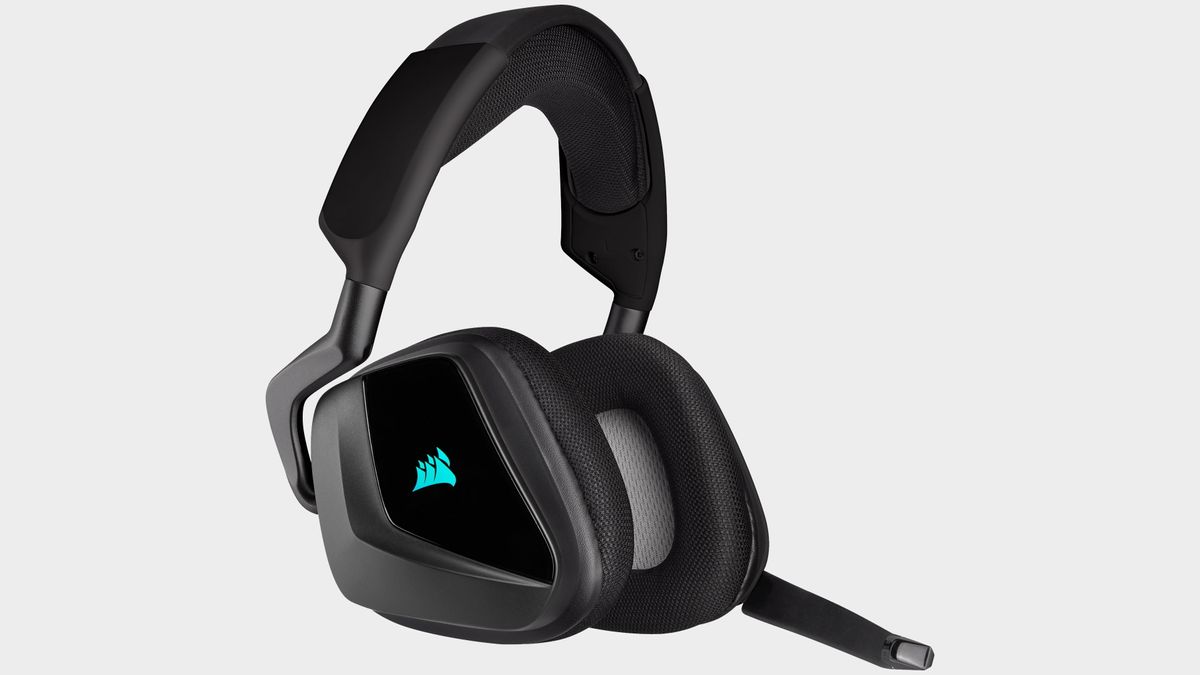Timid and priggish, English sound technician Gilderoy (Toby Jones, excellent) arrives in Rome to apply his fastidious craft to low-budget horror movie The Equestrian Vortex .
Once there, he finds himself trapped in a maze of cramped, windowless rooms, confronted by insurmountable language barriers, a tyrannical producer (Cosimo Fusco), a beautiful, hostile secretary (Tonia Sotiropoulou), a Kafka-esque expense- claims system and reels of overwrought images.
Viewers are spared the ungodly sight of witches persecuted with red-hot pokers to genitalia. But Gilderoy certainly isn’t, his contamination quickened by his own twitching hand as he sets about making all this violence sound as bad as it looks…
The sophomore feature of Berkshire- born writer-director Peter Strickland, Berberian Sound Studio , like Katalin Varga before, inhabits a twilight world between horror and art movie. But whereas Varga was a rape-revenge film reimagined via Andrei Tarkovsky, Berberian is love letter to, and deconstruction of, the lurid Italian horrors of the ’60s-’80s.
Without so much as a slash of (visual) violence, it unnerves even as it reveals the tricks of the trade: the droll sight of Gilderoy stabbing melons and wrenching the tops off carrots does little to alleviate the sense of dread slicking Gilderoy’s descent into mental disintegration.
A head-aching third-act shift, meanwhile, is pure David Lynch, sure to befuddle but thickening the nightmarish illogicality of the whole damn thing.
Naturally those familiar with their Argentos, Martinos and Deodatos will glean additional enjoyment, while the thriftiness and shiftiness encountered by Gilderoy evokes the mien of Rome’s Incir De Paolis Studios, where many a genre masterpiece was shot.
But Strickland’s nuanced, atmospheric, ambiguous movie transcends genre.
Not familiar with the ornate death-dances of Mario Bava’s Mask Of The Demon or Dario Argento’s Suspiria ? No matter – Berberian Sound Studio also recalls the claustrophobia of early Polanski and the crippling isolation of tech-twiddle thrillers such as Coppola’s The Conversation and De Palma’s Blow Out .
Crammed with detailed craft, its appeal is further widened by dealing in universal fears: homesickness, identity, mental health. If you love movies, you’ll love this – oddly, it makes a perfect companion piece to The Artist , doing for sound what that did for silence.
Painstakingly recreating an era of full-blooded Italian horror, this niche-sounding yet accessible thriller confirms Strickland as a major talent.
 Game News Video Games Reviews & News
Game News Video Games Reviews & News



